When you're renting a property, your biggest cost each month will be your rent, however, there will also be a number of other bills you are very likely to have to pay.
Budget
When working out how much you can afford for a property, don't forget to budget for other costs that are likely to come your way as well as the rent payment. It's important to know how much you should allow for the other bills to ensure you know what your total outgoings are likely to be.
Bills Checklist
There are five main bills that most households usually pay on top the rent. We will take each one in turn.
Council Tax
Every property in the UK is subject to council tax, although discounts and exclusions can apply depending on individual circumstances. One of the most common discounts is a single person allowance when only one individual is living in the house. This will reduce your bill by 25% and you can get more information starting here. You can also search here to find out how much your total Council Tax is likely to be. A typical bill for the entire house can be anything from just over £1,000 through to £3,000+ for the year, but you can usually pay your bill over 10 months via Direct Debit. You may find the landlord has included the Council Tax in the rent, but to be sure, check with your letting agent or landlord.
Broadband
It's highly likely you'll want a broadband connection in your property and if you're sharing with a few others you're probably going to want a good, reliable and quick internet connection. Most companies will bundle their broadband in with their telephone and TV package but it's important to pick what you actually need, rather than something that comes with a big discount. Typical costs for broadband are usually in the range of about £20/month to £40/month. If you're going to add TV or a landline you will pay more. Placing the router in the living room might also be a good idea so that anyone who needs to access it, can do so just in case it needs to be reset to let you access the internet.
Utilities
Most properties will have a gas and electricity supply, although it's not unusual for some properties - mainly purpose built flat to have an electricity connection only.
How much you can expect to pay for your energy bills will vary considerably and will depend on lots of things such as who your energy supplier, how much gas and electricity you use and how well insulated the property is. You can save yourself a lot of money by shopping around for the best deal and there are a number of sites that can help you navigate the best deals from the various utility companies.
A cost of about £100 a month in total won't be too far off the mark for an average house with three people living there. Payments made by Direct Debit each month are likely to be the most cost effective way to pay your utility bills as most companies will give you a discount for this payment method.
Water
Most properties in the UK pay their water bill based on usage. This is measured through a water meter that will be installed at the property. Whereas you can choose which gas and electricity supplier to use, your water will be supplied by the local water company. A list of suppliers by postcode can be found here.
TV licence
It is likely that you will also need to pay for a licence. More information can be found here but essentially the law says you will need a license if you wish to:
- watch or record live TV, on any channel
- watch or stream programmes live on an online TV service (YouTube, Amazon Prime Video, Sky Go)
Other bills to pay when renting
As well as the five main bill categories above, it is likely your rental property will need to be insured. There are two main type of home insurance - Buildings and Contents insurance.
In a rented property, it's the landlord’s responsibility to pay for the buildings insurance, because they own the property.
Buildings Insurance
As the title suggests, this is insurance should there be any damage to the property itself. The good news for a renter is that this cost is paid for by the landlord as opposed to any tenant.
A landlord will need to make sure they have the right type of buildings insurance i.e. to cover renters or students.
Contents Insurance
When it comes to items in the home such as computers, bikes and mobile phones, these will all come under contents insurance. It's usually a good idea to take out contents insurance if the worse did happen (if your home was burgled for example).
Income protection
Income Insurance pays you a monthly income when accidents or illnesses stop you from working. Whilst this might not be for everyone, it could help you should you be unable to work for a period of time.
Home Emergency cover
This is a type of insurance that can cover a host of issues such as loss of electricity, roof leaks, pest infestation and even lost keys. It is always worth asking your landlord if they have taken out home emergency cover as it may save a lot of time and money should an issue like the one mentioned above occur. This insurance is typically paid by landlords - if it's not in place you might want to encourage your landlord to take it out!
In Summary
Always try to work through some estimates of what the cost of utilities might come to. That way you will be in a much better position to work out all your likely expenses for a rental property. Typically the more tenants there are in a property, the more likely some bills will be lower, such as your share of council tax. As all other utilities are based on usage, it may not matter if you share with two other tenants or four other tenants.
If you don't have the experience of renting previously then it is always worth reading a blog like this, or other guides and even taking advice from an agent to help you budget. It might mean there is one less thing to worry about!
When it comes to paying all your bills, most energy suppliers, and companies in general, will have lower charges if you pay by direct debit. Finally, remember to shop around when it comes to finding a supplier for all the services you need - there is always likely to be a new customer offer for energy or broadband, and it's a great way to keep the expense of renting down!

Let with us
The lettings market can be a minefield, but it doesn’t have to be. With so many government policies having changed recently, its easy to get lost in what is expected of a landlord. Our experienced team can walk and talk you through the process and if you take our fully managed service – we do it all for you…. We even help with your tax return!
Search Here
How Much is Your Property Worth?
Not sure how much your property is worth? Request a free, no obligation valuation for your property.
Book a Valuation